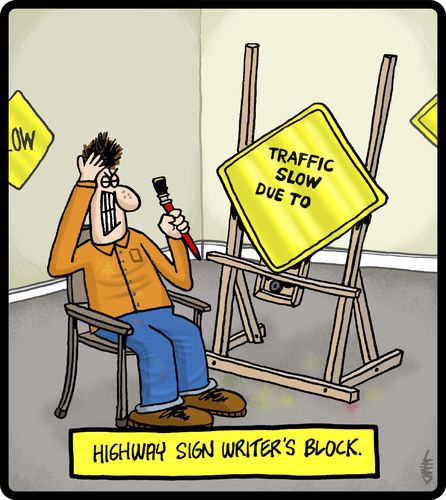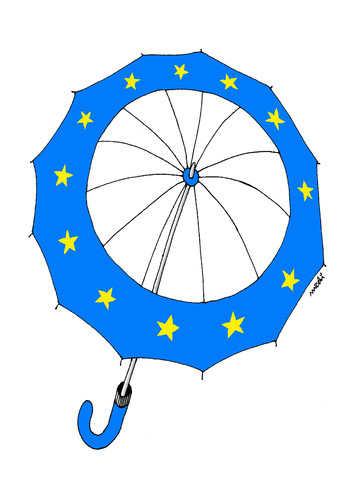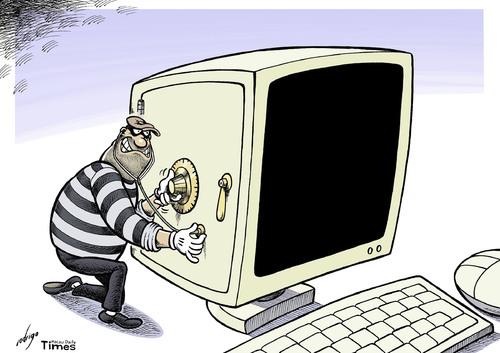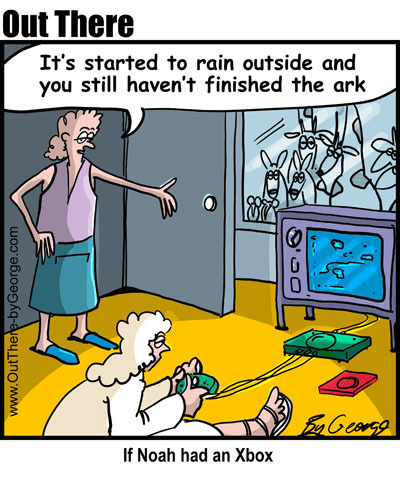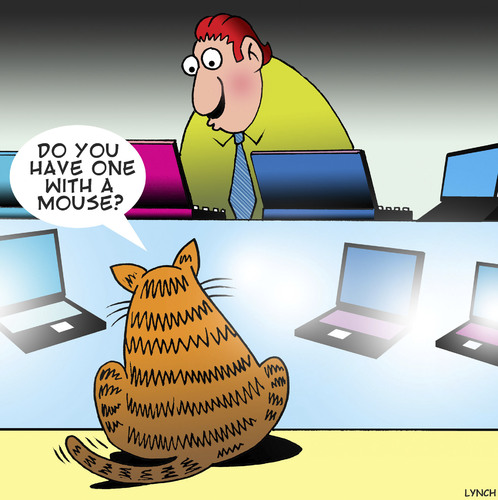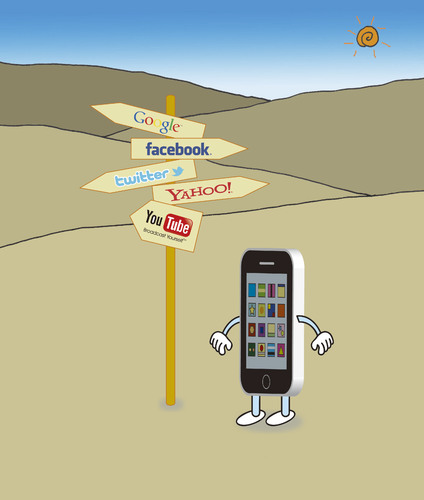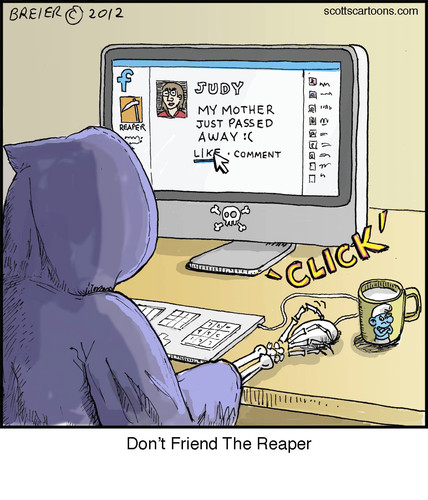
Curtain falls on traditional panto - oh yes it does!
Experts warn that many features of the traditional pantomime are in decline
It is one of the most cherished of Christmas rituals – with much of the pleasure of a trip to the pantomime derived from knowing exactly what you are going to get.
But for some of the most familiar elements of the traditional festive shows, it seems that their days could literally be behind them.
An analysis of this year’s productions suggests that the curtain is falling on many of the long-established features which have characterised the genre, with many abandoning the practice of casting an actress in the leading “male” role, and - perhaps worst of all - even doing away with the dame.
Many of the vanishing traditions are identified in new history of the genre, while others are indicated by an analysis of the National Database of Panto Performance, established this winter by enthusiasts.
The database shows only around a tenth of the 251 professional shows listed for the current panto season have female “principal boys” – known as the “breeches part” – a far lower proportion than in previous years.
It also suggests a growth in dame-less pantos this year, as producers opt for storylines, such as Snow White – the fourth most popular this year, 24 productions – which do not feature one.
Experts have suggested that the trend may be because younger audiences who have grown up with an acceptance of gay relationships do not understand the comic element of cross-dressing.
Maureen Hughes, a performing arts teacher and musical director, who wrote the new history of pantomime, said: “I think it is quite sad. There is also a lot of political correctness now that you didn’t have in the old days. Having fewer women dressed as men might be a reflection of that. You go to the panto knowing what you are going to get. But some traditions are slipping a bit.”
She also warns that some pantos themselves – in particular Mother Goose, first performed in 1806, and Puss in Boots, first performed in 1817 – are becoming increasingly rare.
She believes the two are no longer considered sufficiently “glamorous” to be staged, while Mother Goose is often thought “too difficult”. The play is known as the “Hamlet of panto”, for the challenging nature of the central character – not least the demands of the heavy, feathered costume.
Instead, a number of newer stage plays, such as Peter Pan and combinations of Robin Hood, and Babes in the Wood – which are not considered traditional pantos by aficionados – are taking their place.
The database adds weight to the decline. There are only two productions of Puss in Boots, in Hackney and Greenwich, and only one of Mother Goose, which has runs in Clitheroe and Lytham St Anne’s, Lancashire. By contrast, there are 15 of Peter Pan and eight of Robin Hood or Babes in the Wood, as well as 13 of Beauty and the Beast.
The tradition of a woman playing the part of the “principal boy” dates back to the early nineteenth century with Eliza Povey played the title role in the first Jack and the Beanstalk, at Drury
Lane in 1819. By the 1880s, the hero role was always played by a woman, although there were later periods where men – among them Cliff Richard and Norman Wisdom – played the parts.
The more recent trend away from women in the male roles has been put down to political correctness, as well as greater knowledge among children about homosexual relationships.
It has been suggested this makes them less inclined to accept the romantic relationship between the leading lady and the principal boy, if the latter is also a woman, because they may mistakenly think the couple are meant to be gay.
The dame emerged during the same period, built on a longer standing tradition of men playing female characters, which dated back to a time when it was considered in appropriate to appear on stage. Other changes have seen a decline in the “song sheet”, which is dropped onto the stage from the rafters, in favour of electronic versions. Some productions have even ended the practice of bringing children on stage for a sing-song.
Aerial displays, which are considered less spectacular for modern audiences raised on special effects, and specialist “skin parts” – where actors perform as animals – are also a thing of the past.
The practice of ending the performance with a series of rhyming couplets – traditionally spoken for the first time on opening night – is also decreasing.
The new book, A History of Pantomime, chronicles the genre from its roots in a form of slapstick theatre developed by travelling Italian actors, which arrived in Britain, via France, in the seventeenth century.
Over the course of the next two centuries, it gradually evolved in the format with which we are still familiar, and by the middle of the nineteenth century it had become associated with Christmas.
By then, too, most of the canon had been established. Aladdin – still considered, like Shakespeare’s Macbeth, to be an “unlucky play” for performers – was the earliest recorded, with a version in 1788, although the first full panto format was not until 1861, at the Strand Theatre. Others then emerged in the early nineteenth century: Cinderella (1804, Theatre Royal, Drury Lane), Sleeping Beauty (1806, Drury Lane), Mother Goose (1806), Dick Whittington (1814), Puss in Boots (1817, in Covent Garden), and Jack and the Beanstalk (1819 at Drury Lane).
The exception is Snow White and the Seven Dwarfs, which only appeared as panto after the release of Walt Disney’s 1934 film version. Because the company still have copyright on some aspects, the dwarves in panto versions go by different names.
Simon Sladen, a curator at the Victoria and Albert Museum and pantomime editor for The British Theatre Guide, who has set up the new database, said: “There has never been a set format for panto and the traditions are always changing and will continue to do so.”

